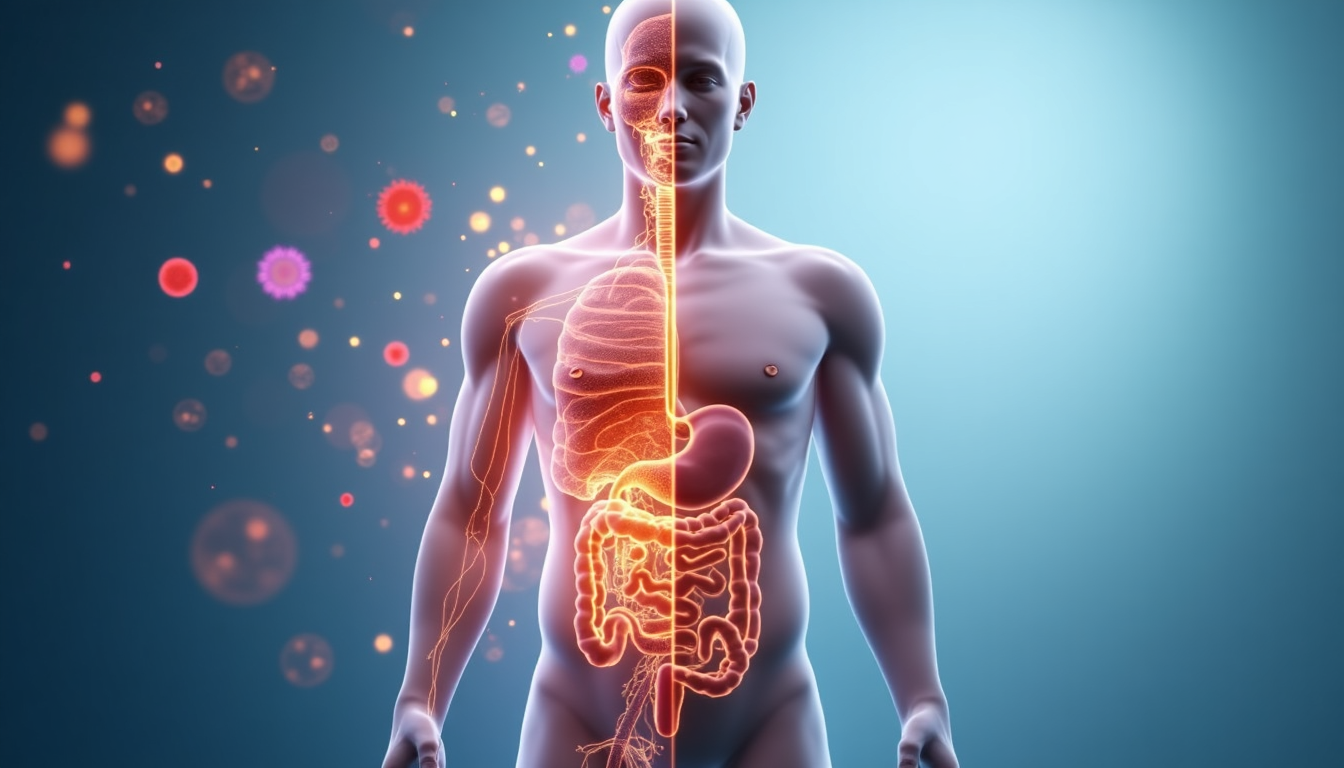Toxic heavy metals are naturally occurring elements, such as lead, mercury, arsenic, and cadmium, that can be harmful to health when they accumulate in the body. These metals can enter the body through contaminated food, water, air, or products like cosmetics and household items. While small amounts of some metals are essential for bodily functions, excessive exposure can interfere with vital processes, leading to neurological, kidney, and immune system damage.
Examples of Toxic heavy metals
While some metals, like zinc, copper, and iron, are essential for health in trace amounts, others can be harmful when accumulated in the body.
Sources of Heavy Metals
Heavy metals are found naturally in the Earth’s crust, but human activities have increased their concentration in the environment. Heavy metals enter the environment and, subsequently, the human body through various routes:
-
- Environmental Pollution
-
- Industrial emissions, mining, and smelting activities release heavy metals into the air, water, and soil.
-
- Food and Water
-
- Contaminated drinking water and foods (e.g., fish with mercury, rice with arsenic) can introduce heavy metals.
-
- Consumer Products
-
- Household items like paints, batteries, cosmetics, and some medications can contain heavy metals.
-
- Occupational Exposure
-
- Jobs in industries like construction, manufacturing, and farming may increase exposure.
-
- Medical Procedures
-
- Some dental amalgams and vaccines may contribute small amounts of metals.
Heavy metals such as lead, mercury, cadmium, arsenic, copper, nickel, zinc, and manganese can act as endocrine disruptors in humans and animals. Endocrine disruptors (EDCs) can interfere with the body’s normal hormonal and endocrine functions, which can lead to a number of health issues.
Health Impacts of Heavy Metals
Heavy metals harm your body by disrupting how cells and nerves work. They interfere with important chemical reactions and create stress in cells, which can damage them over time. This can manifest in:
1. Energy Levels
Fatigue and chronic exhaustion due to mitochondrial dysfunction, where energy production at the cellular level is impaired.
Disruption of thyroid function, leading to hormonal imbalances and low energy.
2. Mood
Mood disorders such as depression, anxiety, and irritability can result from neurological damage caused by heavy metals like lead and mercury.
Heavy metals can interfere with neurotransmitters like serotonin and dopamine, essential for mood regulation.
It can also effect many other systems leading to the following symptoms:
Neurological Damage: Cognitive issues, memory loss, and developmental delays.
Immune Dysfunction: Chronic infections and autoimmune diseases.
Cardiovascular Issues: Hypertension and increased risk of heart disease.
Gut Health: Dysbiosis and leaky gut due to the toxic effects on gut lining.
Symptoms of Heavy Metal Toxicity
The symptoms of heavy metal toxicity vary depending on the specific metal and the level of exposure but can include:
General Symptoms
- Fatigue, muscle weakness, and joint pain.
- Headaches, confusion, memory problems, and “brain fog.”Neurological Symptoms
- Behavioural changes such as mood swings or aggression.
Gastrointestinal Symptoms
- Nausea, abdominal pain, diarrhoea, or constipation.
Other Symptoms
- Skin rashes or discoloration.
- Unexplained chronic illnesses or worsening of existing conditions.
The Importance of Testing
Testing is crucial for diagnosing heavy metal toxicity as symptoms often overlap with other health conditions. Understanding what levels you are dealing with and if treating you can reorder the test to track progress of treatment protocols. By understanding the sources, symptoms, and effects of heavy metals, as well as the importance of proper testing and detoxification, individuals can take proactive steps to safeguard their health.
Order your Toxic Heavy Metal Test today and check your levels.




